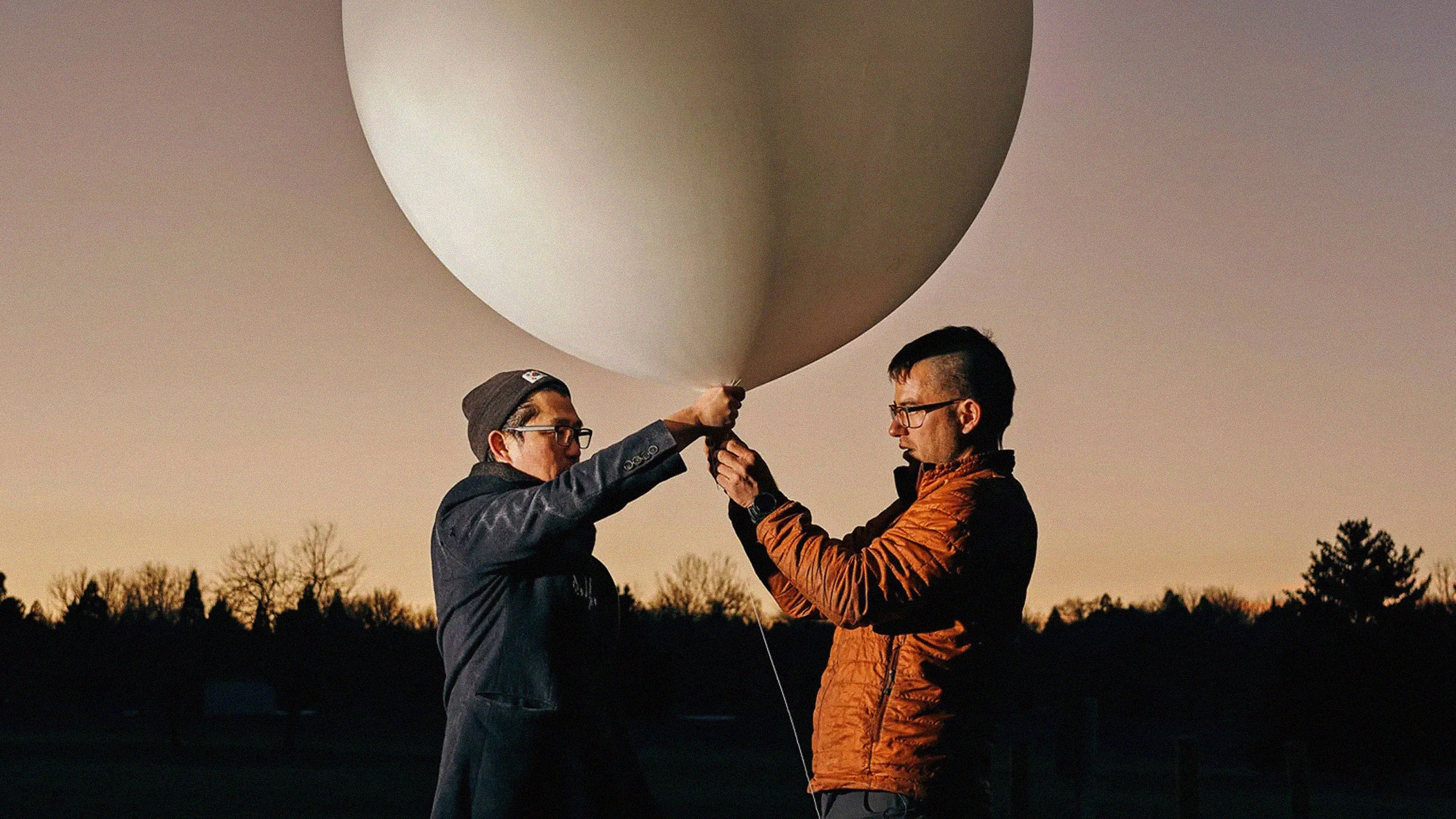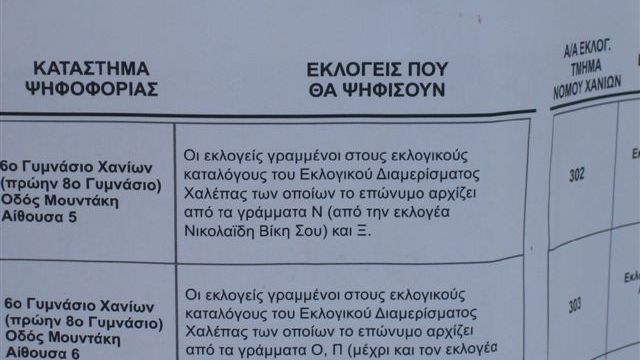Stuart L. Hart Converges With Techies and Poverty People

There were two big takeaways from last week’s Cornell Global Forum on Sustainable Enterprise. One was that Al Gore is a very busy man these days. The other is that the clean technology sector is booming.
The Cornell Global Forum on Sustainable Enterprise is part of an experiment to create dialogue and institutional focus on the “Great Convergence” of clean technology and humanity at the base of the poverty pyramid.
Big Think missed Al Gore, the keynote speaker, but caught up with forum founder Stuart L. Hart with a few questions on the lessons he learned.
BT: How would you describe the events that took place this week at the Cornell Global Forum on Sustainable Enterprise?
Hart: Really stimulating and dynamic. That was our desire in bringing this group of people together. It was a two-worlds thing. In a lot of ways, the people from these two different communities–green techies and the business and poverty people–were just waiting to meet each other. There were a lot of creative collisions going on and we’ll see a lot of good things come out. You can see things forming because we had financiers there as well, and investors and people actually interested in funding these kinds of ventures.
BT: What kind of synergy did you see between the business sector and the poverty people?
Hart: The idea behind the initiatives was to come up with something that would be beneficial to the whole domain. Not just doubling down on one company but what could help distributive generation of energy pull along more quickly. That was the spirit of each initiative. To give you an example, one of the teams, the distributive generation team, their initiative was premised on the idea that you have a growing number of these kinds of ventures in the world. Best estimate is maybe 200 commercial ventures focused on distributive generation of energy at the base of the income pyramid. But those people don’t know each other. One of the initiatives is to first identify who all these players are and to bring them together. The second part would be to look at countries and rate the countries based on their friendliness to distributed generation. Some countries from a public policy point of view tilt more in that direction. It’s easier to become a distributed generation entrepreneur there than other places. India, for example, has a significant kerosene subsidy in the rural areas and they tax solar. So if you’re a distributed generation entrepreneur, that’s not the best position to be in, to have a kerosene subsidy and a solar tax. So to look at it country by country and do ratings and be transparent about it and publish it and track it helps entrepreneurs knows where the best opportunities are and it produces some pressure on the countries to change their laws.
BT: What have been the main hurdles in translating ideas to other parts of the world or other parts of the pyramid?
Hart: It’s not just about technology development. That’s more fundamental to the DNA of the clean-tech types that think it’s really just about developing technology and somehow it will just spring into commercial reality. Somehow it doesn’t quite do that. Then you have the base of the pyramid stuff on the other side, which is much more focused on how do we reach out into the slums and shantytowns and become more embedded in those communities. How do we co create rather than just airdrop tech solutions? So what was really fun is each of those worlds has something to contribute. When you bring them together, you get a more complete picture. I think the biggest challenge is bringing the techie world into direct contact with the idea that if you’re going to be more successful, you need to be more humble and realize that it’s not just about technology. There is a tendency to build whatever this gadget is in New York or London and expect because you have a Phd you know what a person in an Indian village needs, which makes almost no sense. You need to get on the ground, and don’t assume you know everything that is going on, because you don’t. You need to respect how local communities live and if you take enough time and build relationships you might realize they bring a lot to the party and can help design a better business concept than what you would ever be able to come up with sitting in your laboratory.
BT: How will these proposals develop from here?
Hart: The objective is to really develop, especially the most promising ones, into full-blown initiatives that we actually want to implement. Like the distributed generation one I mentioned, that’s a great idea and if we were to proceed with something like that it could accelerate the rate of distributed generation around the world. There is a growing number of these kinds of players. They find a niche, get in there, and then for a whole range of reasons they encounter problems and it’s difficult to really take off. One of the companies here was Selco, India’s largest home solar installation company. The managing director is a very interesting guy, he has horror story after horror story about how just when you think you’re on the edge, USAID drops a huge grant on a company to buy $5 million worth of solar panels. That takes the bottom out of the market. It basically just killed your company because some big dollop of aid got dropped in there indiscriminately and it sets the company back five years. It’s not malicious. They don’t realize the negative consequences of doing that. Or when the Germans put strong solar incentives in place for Germans to install solar panels. A lot of people applauded that, but it had a pernicious side effect, which was it took the bottom out of the base of the pyramid solar market. Most of the solar panel producers went back to big rooftop panels as opposed to little 1W-5W panels. That meant the price went up and it takes you right back to square one. So the idea is of creating a vehicle to combine the knowledge, understanding, and experiences of the various players around the world and then you can compile that. Also, being able to have some positions on it that can be published and made public could be hugely beneficial.
BT: How does having these financiers here change the dynamic of these groups?
Hart: It’s great. We wanted entrepreneurs, and large corporations and financiers, as well as what we call change agents, which are often NGO people trying to stimulate these ventures or people in corporations trying hard to make this happen. That was the mix we wanted.
BT: What names should we watch for in the clean technology sector?
Hart: Most of the companies in the forum are either start-ups or new business development initiatives in corporations. So very few of them are household names. Selco might be one of the bigger players. In the water sector, there is Water Health. I’m involved with the Water Initiative, which was founded out of New York, but the business is being incubated in Mexico using the base of the pyramid protocol, in which you become embedded in the community. But it’s probably five years away from becoming a household name.





